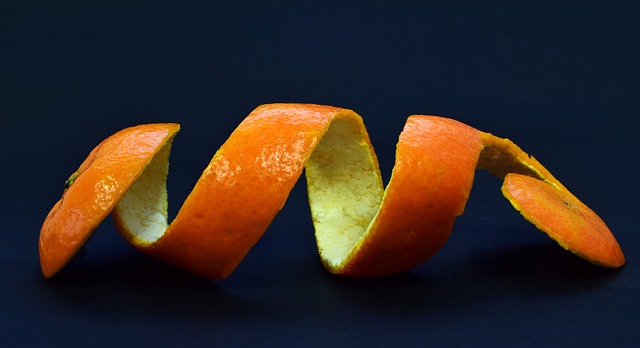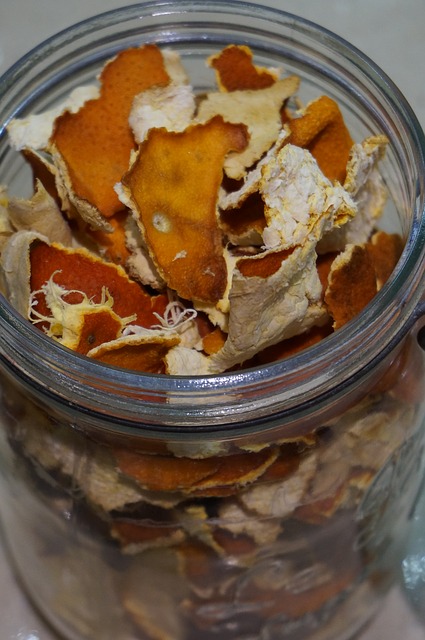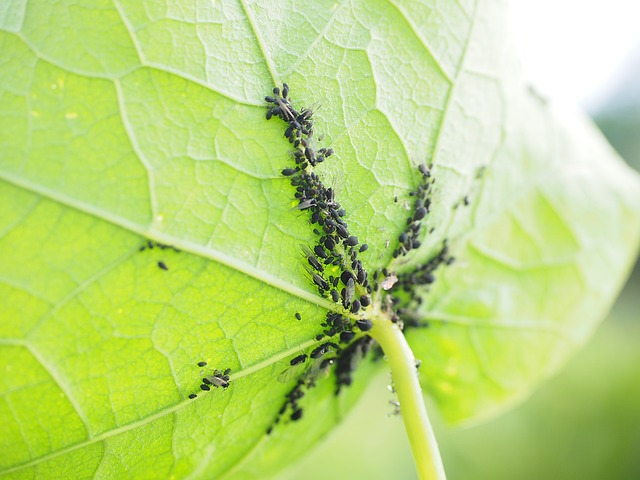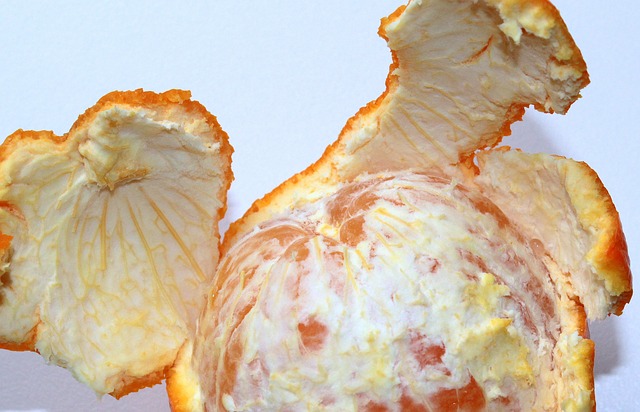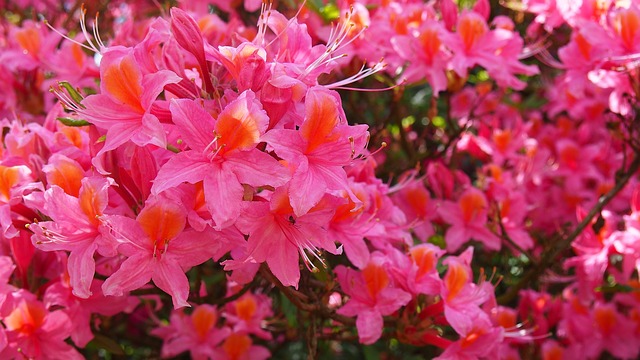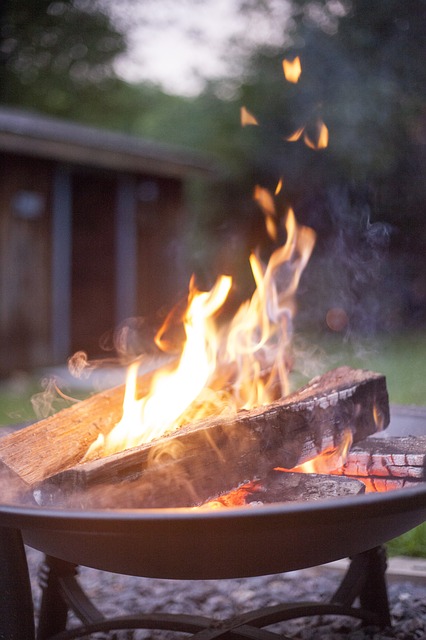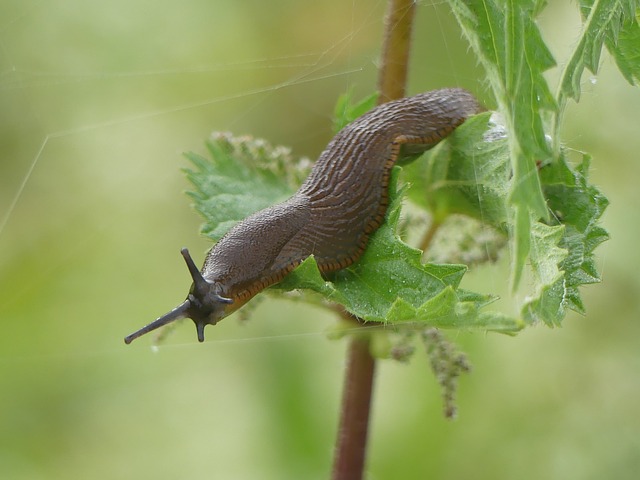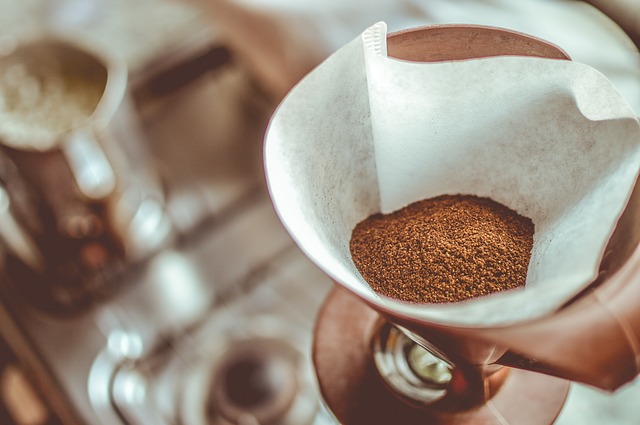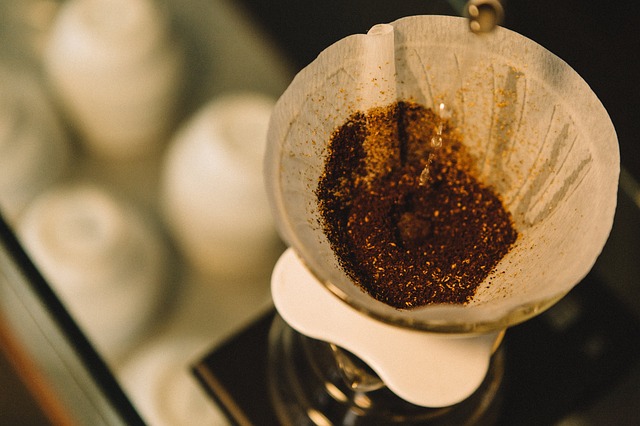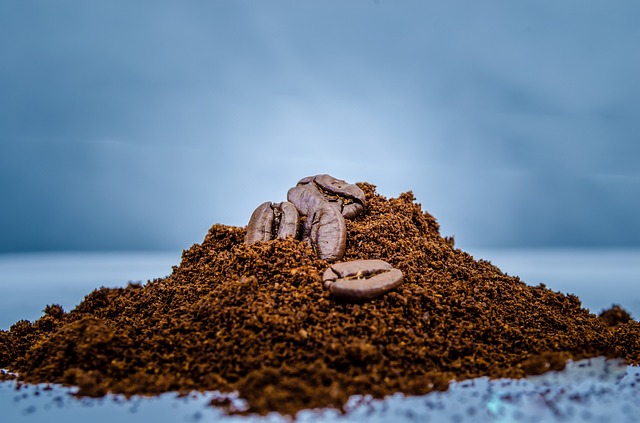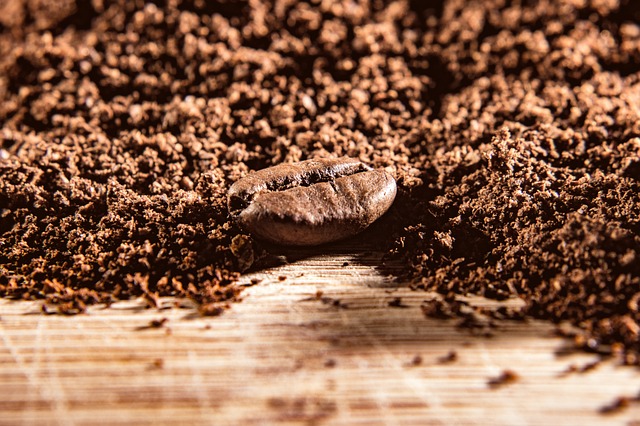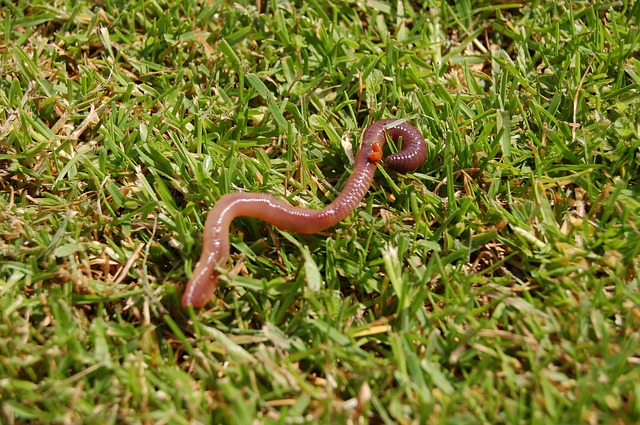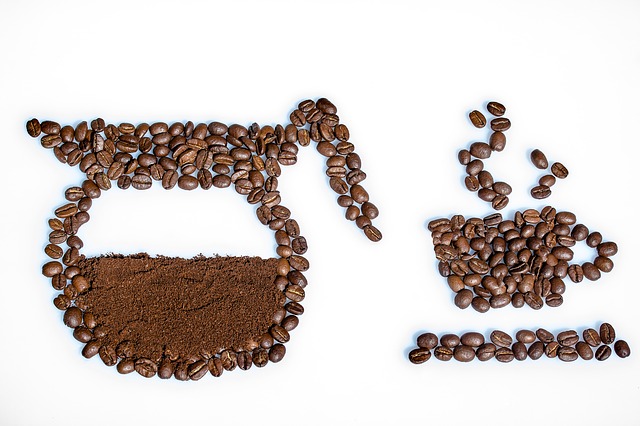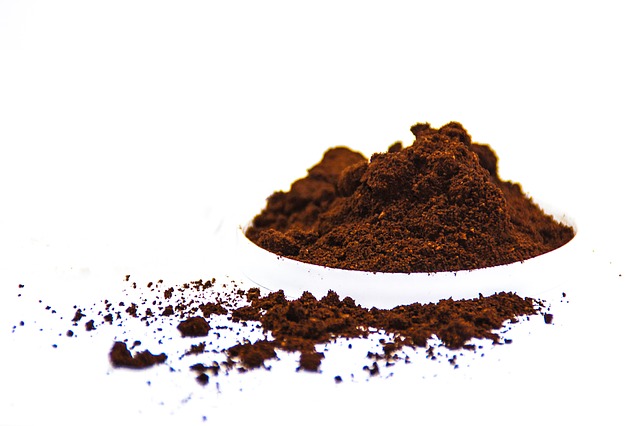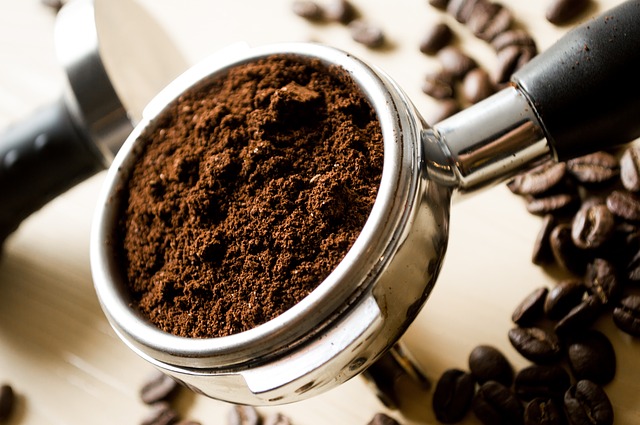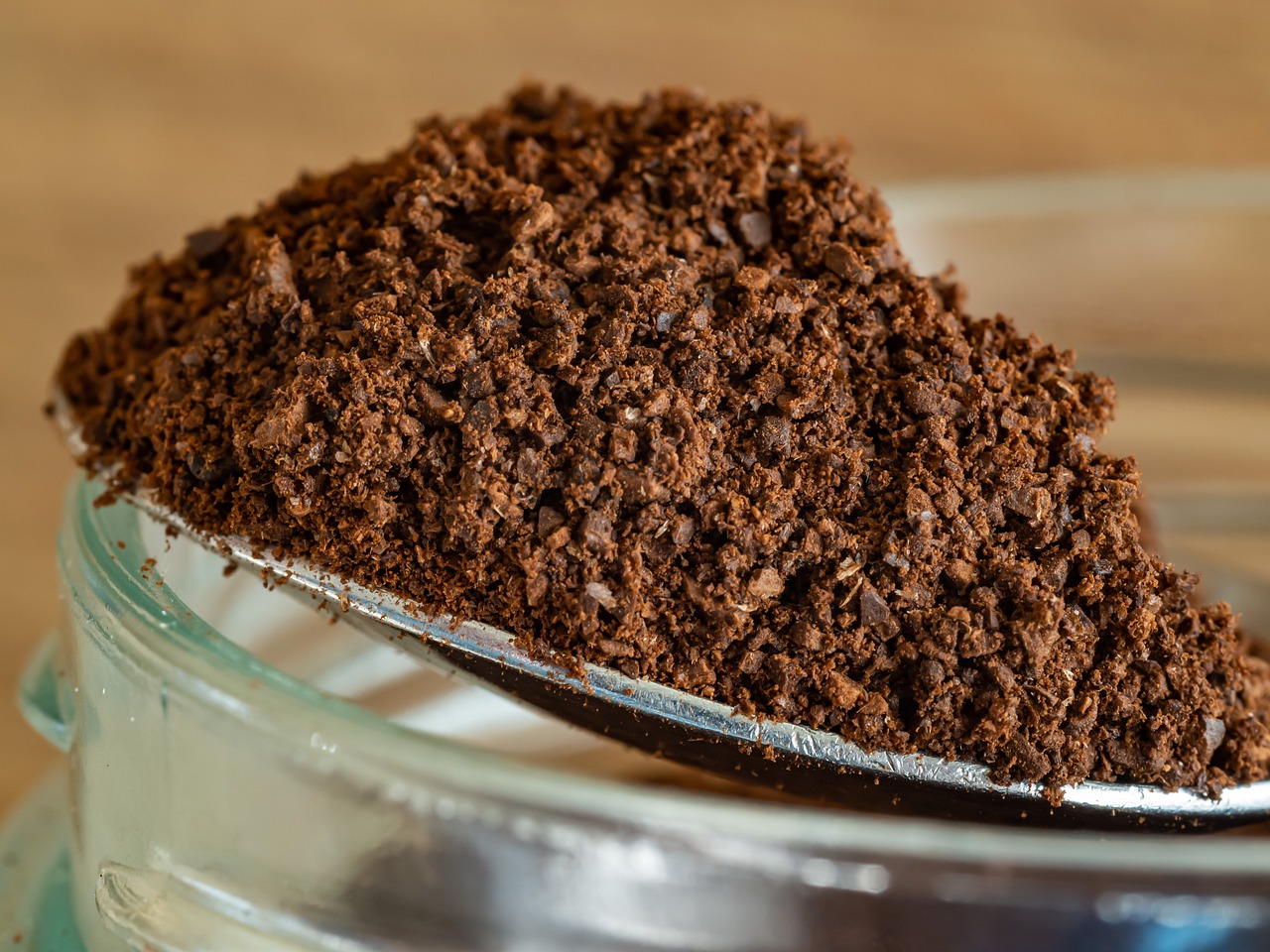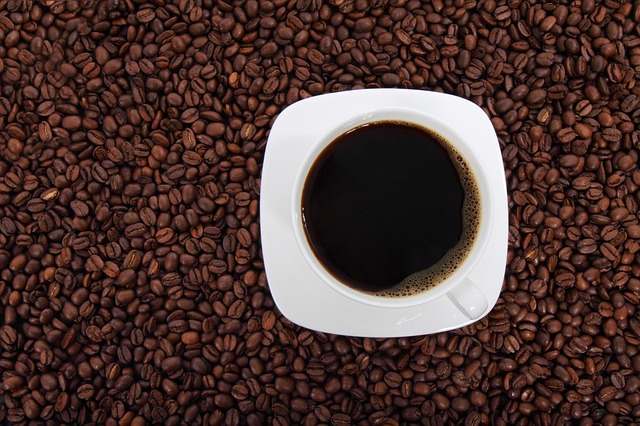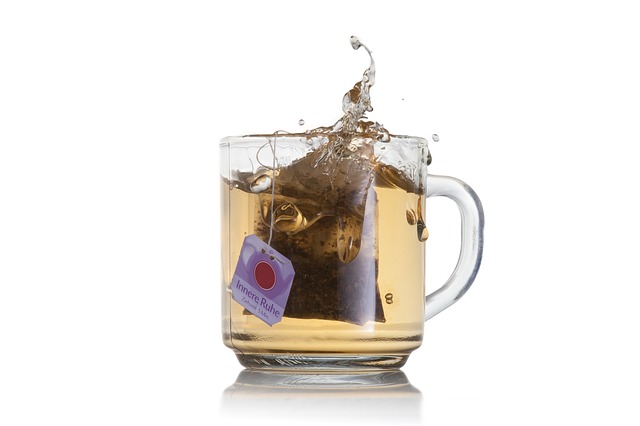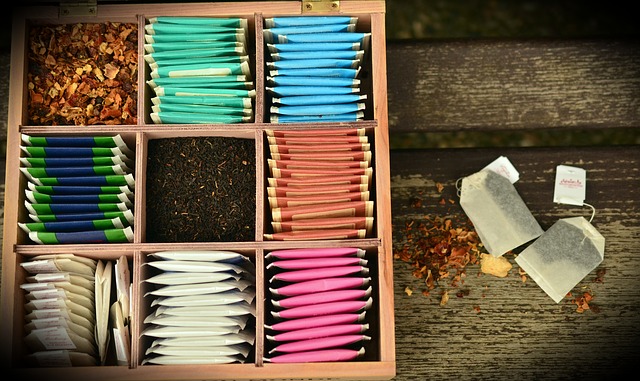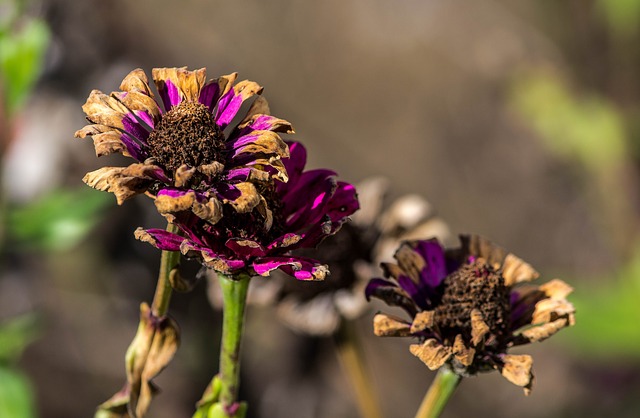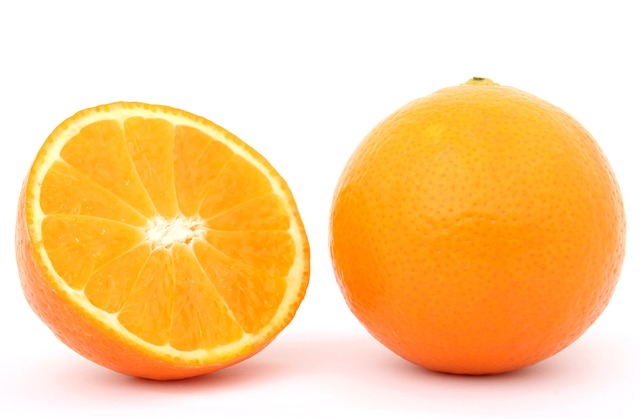
Oranges are a healthy snack and ingredient but you’re most likely wasting one of the most beneficial parts, the peel. While we can’t eat them, using orange peels in the garden has many surprising advantages. Here are the top ways you can put your peels to work.
Contribute To The Health Of Your Compost
A healthy compost pile needs a combination of both “brown,” and “green,” materials. While brown materials such as dry leaves contain carbon, green ones add nitrogen. Orange peels are considered a green material so by adding them you’ll be providing your compost with a healthy dose of nitrogen. And by tearing or cutting the peels up you will be helping them to break down faster.
You may have heard specifically not to use orange peels in compost because of their acidity. They are acidic, however, as long as you don’t add them in huge proportions there’s no problem, only benefits. An added plus is that many backyard pests don’t like the smell of citrus peels so by adding them to your pile you can also keep them away.
Free Garden Fertilizer
You don’t have to wait for the entire composting process to be complete in order for you to reap the benefits of your peels. Instead, you can use them right away in your existing garden soil as a natural fertilizer that adds nitrogen and nutrients to your soil. A simple way to do this is to cut them up into small pieces and add them to the surface of your soil. Or you may want to bury your pieces a few inches deep under it for faster decomposition.
Another popular method is to dry them out and then grind them up into a powder using a coffee grinder. This powder can then be applied to or mixed in with the soil. If you like the idea of using natural methods to benefit your soil don’t overlook using bananas in the garden as fertilizer either, they are just as simple to use.
Get Rid Of Pests
Orange peels actually contain a chemical called d-Limonene which allows them to work as an all-natural insecticide too. It damages the nervous systems of pests such as aphids and ants which ultimately end up killing them. Placing your peels around plants that have pest problems is a natural way to get rid of them.
You won’t have to worry about causing any damage to the plants themselves. Since it is so safe to use, d-Limonene is used as the active ingredient in many environmentally friendly bug sprays. Many gardeners like to create their own spray by boiling half a cup of peels in water for ten minutes.
Once this solution has had the peels strained out and has cooled down it can be poured into a spray bottle and used around the garden on a weekly basis. This solution can also be sprayed on dogs to prevent ticks.
Using orange peels in the garden can help to repel mosquitoes too. By placing pieces of peel in the soil close to where you like to relax such as near your gazebo, porch, pergola, or patio you can lower your chances of being bit. Peels can even be rubbed onto your skin directly to help keep them away as well.
Keep Pets Safe
The majority of dogs and cats don’t like the smell of oranges. You can use this to your advantage by helping to keep your pets safe. There are many plants that can be toxic to your pets. Lilies, oleander, and azaleas are just three examples but there are many more. By adding pieces of orange peel to the soil surrounding toxic plants you can help keep your pets away from them. This can also work in potted plants indoors as well.
Get The Fire Started
A lot of people are quite surprised to find out that you can use orange peels in garden fire pits as kindling. That is, once they have dried out of course. The oils in the peels are flammable. In fact, they actually allow them to burn longer than paper and provide you with a fragrant citrus scent. When you want to have a cozy outdoor bonfire or even start up the barbecue skip the newspaper and stick with the peels.
We bet you didn’t know that there were so many ways to use orange peels in the garden. So the next time you enjoy one or more of these tasty fruits be sure to put those peels aside instead of in the trash, you’re garden will thank you later.
Start Shopping for Gardening Supplies!
Does Copper Tape Stop Slugs?
Does copper tape stop slugs? The answer is yes. And you can use this simple solution to keep your plants safe from those slimy plant-eating pests. Repel Slimy Garden Invaders Without Harm Despite being relatively small and very slow-moving, slugs can do a lot of...
Coffee Grounds For Flowers
For many of us, there’s nothing we’d rather do than relax with a cup of coffee near the flower garden. Most people don’t realize however that the grounds used to make our coffee can help to increase the health and beauty of our garden. Here’s what you’ll need to know...
Coffee Grounds For Roses
Using coffee grounds for roses is a fabulous way to improve the health of your plants, helping them to produce those gorgeous flowers you’ve been dreaming of. But there are a few things you’ll need to know before getting started. Conditions Roses Prefer Roses do best...
Do Roses Like Coffee Grounds?
Do roses like coffee grounds? This is something many gardeners wonder about, especially since feeding roses coffee grounds has been a practice that’s been around a very long time. The answer is yes they do, and here’s what you’ll want to know. Roses And Acidic Soil...
How To Use Coffee Grounds For Grass
You’ll want to think twice before you toss your used coffee grounds in the trash every day. Those grounds can actually be used to feed and increase the health of your lawn. Here’s everything you’ll want to know about using coffee grounds for grass. Advantages Of...
Are Coffee Grounds Good For Grass?
Are coffee grounds good for grass? The answer is yes, so you may want to think twice before throwing away your used grounds after your morning cup of coffee. Instead, you can put them to work helping increase the beauty of your lawn. Benefits Of Using Coffee Grounds...
Are Worms Good For Your Lawn?
Despite their slimy looks worms are well-known for being very helpful in the garden. But are worms good for your lawn? You bet they are, and here’s why! Aeration As worms travel from place to place in the soil below your lawn, they create a maze of tunnels. And those...
How To Use Coffee Grounds For Snails
You don’t have to kill those annoying garden snails in order to keep them from eating your plants. In fact, you can use your morning coffee as a non-lethal weapon against them. When they come into contact with your coffee grounds snails will turn right around and...
How To Use Coffee Grounds For Ants
There are endless sprays and poisons you can use to get rid of ants. However, you won’t have to look any further than your morning cup of coffee if you’d like a repellent that doesn’t contain any harmful chemicals. By using coffee grounds ants will stay away and kids...
Which Plants Like Coffee Grounds?
While using coffee grounds in the garden offers quite a few benefits, they can be slightly acid and therefore not appropriate for all plants. So which plants like coffee grounds? Here’s what you’ll need to know. The Basics Of Coffee Grounds Coffee grounds contain...
Coffee Grounds And Hydrangeas
While many people love their hydrangeas, they often would love them even more if they were blue. Luckily the grounds from your morning cup of coffee can help you to achieve those gorgeous blue blooms. Here’s what you’ll need to know about coffee grounds and...
Coffee Grounds For Worms
Worms are an extremely helpful component of any compost bin or pile, not to mention worm farms. And it turns your morning cup of coffee can contribute to their diet. Using coffee grounds for worms is an easy way to keep them from heading to the local landfill while...
Using Coffee Grounds In The Garden
Your morning cup of coffee can help you to not only start your day off right, but in the garden as well. The grounds used to make it have many important properties that are ideal for both plants and soil. By using your coffee grounds in the garden you’ll be able to...
Using Coffee Grounds In Compost
It’s estimated that over two billion cups of coffee are consumed around the world each and every day. And that’s an enormous volume of grounds which are used and then tossed in the trash. By using coffee grounds in compost instead, you can help cut down on waste and...
Used Tea Bags In The Garden
Many people don’t realize that once you’ve had a cup of tea, your tea bag can be used again in quite a few other ways. There are actually many great uses for used tea bags in the garden. And here are some of the best! Free Natural Fertilizer The tea leaves and...
Used Tea Bags In The Compost
The next time you have your daily cup of tea, you may want to think twice about throwing that tea bag in the trash. Instead of contributing extra waste to landfills, you can help the environment and your garden by placing used tea bags in the compost. But before you...
5 Eco-Unfriendly Things You Do That Kill Your Garden
Any budding gardener out there wants to do the best for their garden and their plants. But are you accidentally causing it harm? Here are five eco-friendly things you do that kill your garden: Buying Plants that Contain Pesticides You may not use pesticides yourself...
7 Reasons You Need to Start Gardening Now
Looking for a fun hobby to help you relax? Get outside and get to work in a garden. Gardening has a variety of benefits for your mental, physical and spiritual health. Wondering how tending to plants can help you tend to your health? Here are seven ways gardening can...
Quick Tips To Speed Up Compost Times
Compost is an excellent soil conditioner and natural fertilizer. However, it can take quite a while for it to break down into a form that you can use. Luckily there are a handful of simple things you can do to help speed up compost times without much effort. Size In...
6 Common Types Of Soil Deficiency And How To Solve Them
Unfortunately, not all soil has the nutrients that plants need to grow and thrive. In some cases, it may be lacking in one area or another and therefore need a boost. Here are the most common types of soil deficiency and the best ways to deal with each of them....
